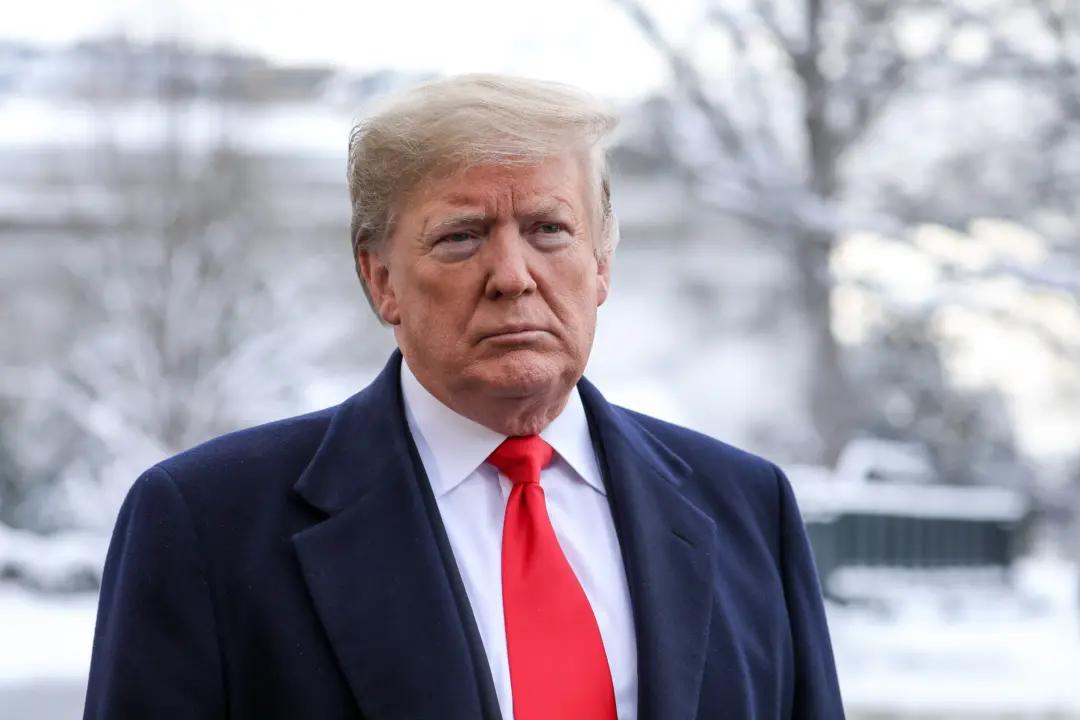The process of selecting jurors and alternates for the criminal trial of Donald J. Trump, on charges related to allegedly falsified business records connected to a “hush money” payment, is highly unlikely to result in a jury that will weigh the evidence and render a verdict objectively, a legal expert has told The Epoch Times.
An April 8 letter from Judge Juan Merchan to defense lawyer Todd Blanche and government prosecutor Joshua Steinglass presents, in full, the questionnaire that prospective jurors in People v. Trump will need to answer during the vetting process beginning on April 15.





